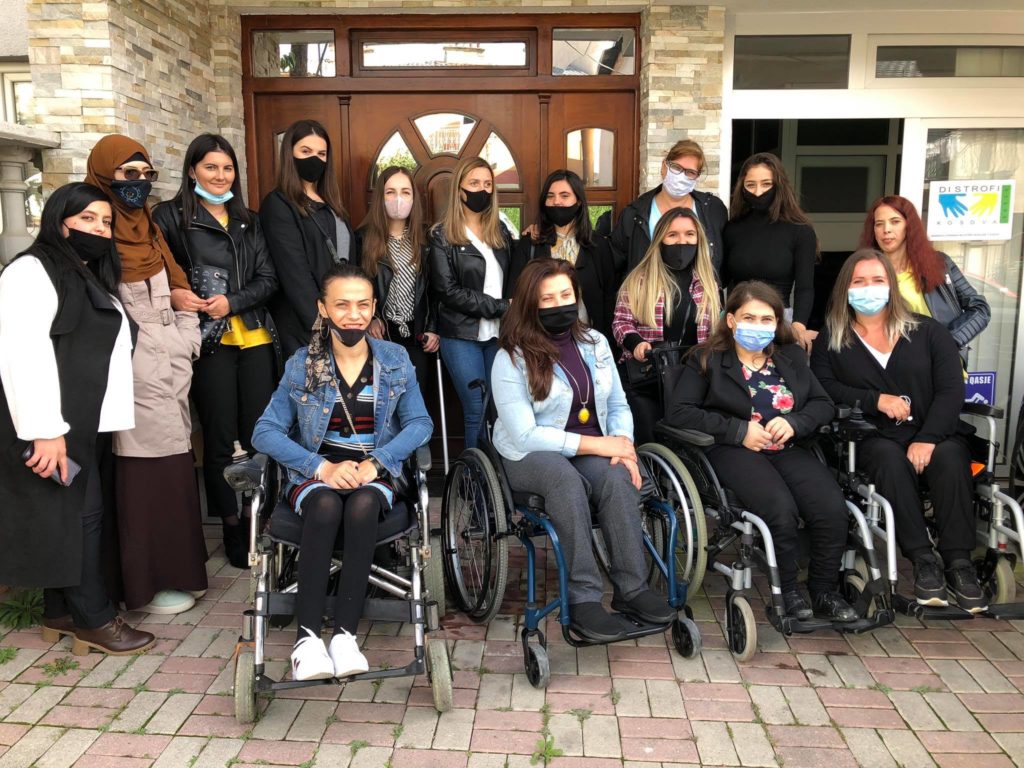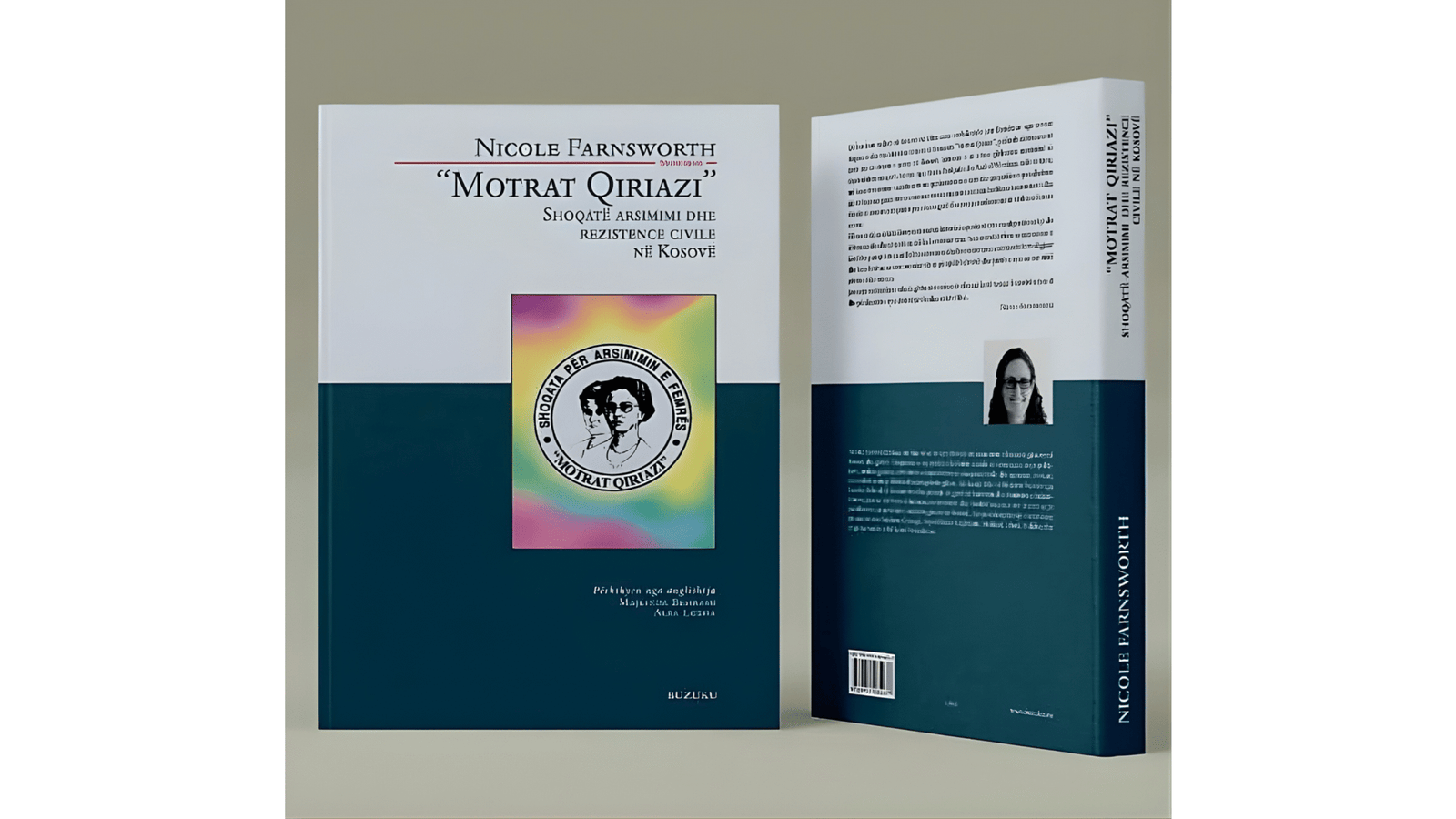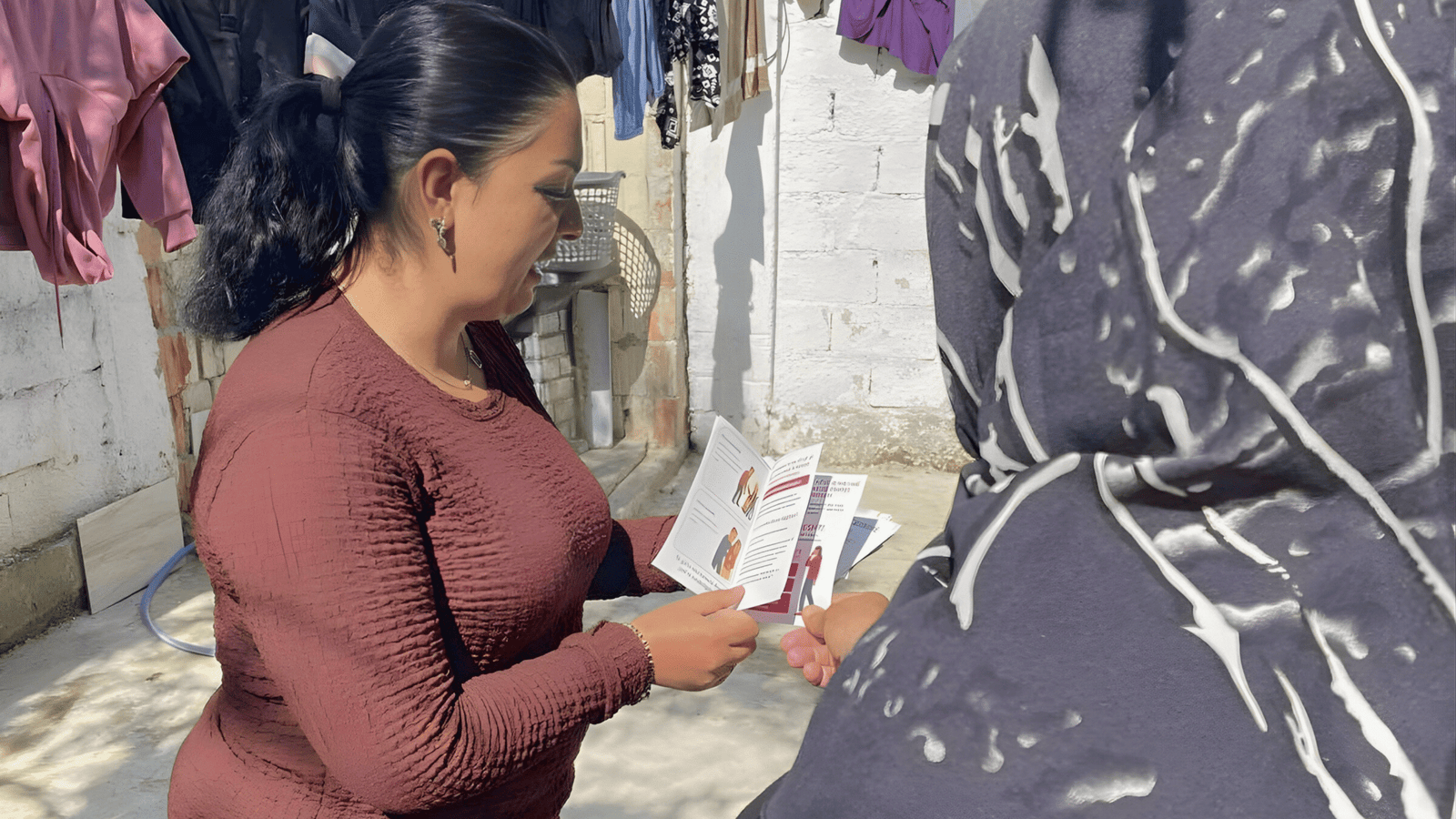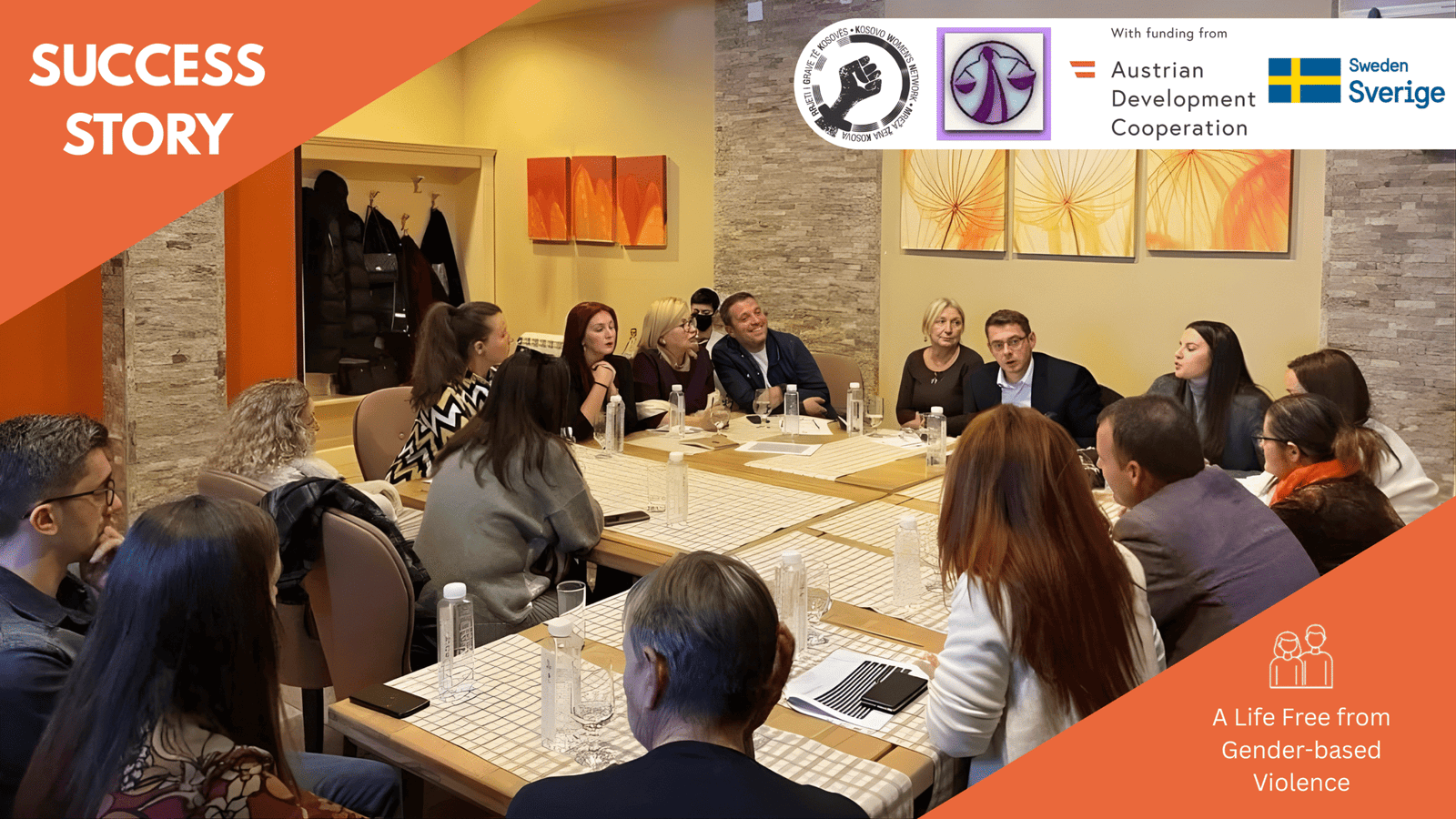The Kosovo Women’s Network (KWN) has consistently strived to strengthen women’s participation in politics and decision-making processes, and recently, since the beginning of 2019, work and advocacy in this area have been supported through the four-year initiative “Strengthening Women’s Participation in Politics”, supported by the European Union (EU) Office in Kosovo.
One of KWN’s partner organizations in this initiative is the Organization of Persons with Muscular Dystrophy of Kosovo (OPMDK), which through its activities has worked to involve women with different abilities in political processes, and thus make their voice heard.
As we are approaching this year’s local election, a total of 11 people with disabilities, four of them women, are candidates to win a seat in municipal assemblies [source: Handikos].
This is the highest number of people with disabilities in local elections. To find out more about the role of OPMDK and KWN in this success, in this article KWN provides a brief interview with OPMDK Executive Director Antigona Shestan, and with the Mobilizer within this initiative, Resmije Rrahmani.
The importance of KWN’s cooperation with OPMDK
“KWN, with its experience, gave wings to OPMDK. Through the initiative: “Strengthening Women’s Participation in Politics”, as well as concrete support from the EU, women with disabilities have gained the courage to raise their voice,” says Shestan.
Following the establishment of the Women with Disabilities Group (WDAK), OPMDK has been working on a five-year strategy for women with disabilities in Kosovo.
“The real result of OPDMK’s advocacy was achieved when a young woman of WDAK is running in these local elections; it is about Kaltrina Zeqiri, who is a member of WDAK from Novobërdë”.
“This is a very good opportunity to address the needs of women with disabilities in institutions and thus lead to the implementation of the law in our society,” she said.
Shestan sees this as an opportunity for a woman with a disability to publicly say what she faces every day, and thus protect the rights of this community.
She further talks about the role of creating WDAK.

“WDAK members contributed by contacting women who are active in politics and in their municipality institutions, and thus served as a bridge for OPMDK. Whereas, we, as OPMDK, facilitated their lobbying and advocacy for the rights of women with disabilities in Kosova.”
OPMDK, in cooperation with KWN, has held several trainings with WDAK members, including:
1. Impact of the COVID-19 pandemic on the mental health of women with disabilities
2. Advocacy and lobbying for the rights of women with disabilities
3. Communication capacity building for women who want to get involved in politics.
Together to overcome barriers
Of course, there are still some barriers to overcome to achieve equal representation in politics.
However, Shestan credits this initiative, undertaken with KWN, for enabling many of the achievements so far.
“Barriers have always existed in the lives of people with disabilities. However, the initiative “Strengthening Women’s Participation in Politics” has provided financial support, which is of great importance when it comes to such changes in society, “she explains.
“I hope that all 11 people with disabilities who are in this competition, will be united and helpful for their community”, says Shestan at the end of our conversation.
On the other hand, Rrahmani also has a strong message regarding the importance of voting for women with disabilities in the October 2021 elections.
“No one can know and understand better our conditions and needs, than the people with disabilities themselves. Therefore, vote for representatives with disabilities because nothing can be done for people with disabilities without our direct involvement in public life “, says Rrahmani.







